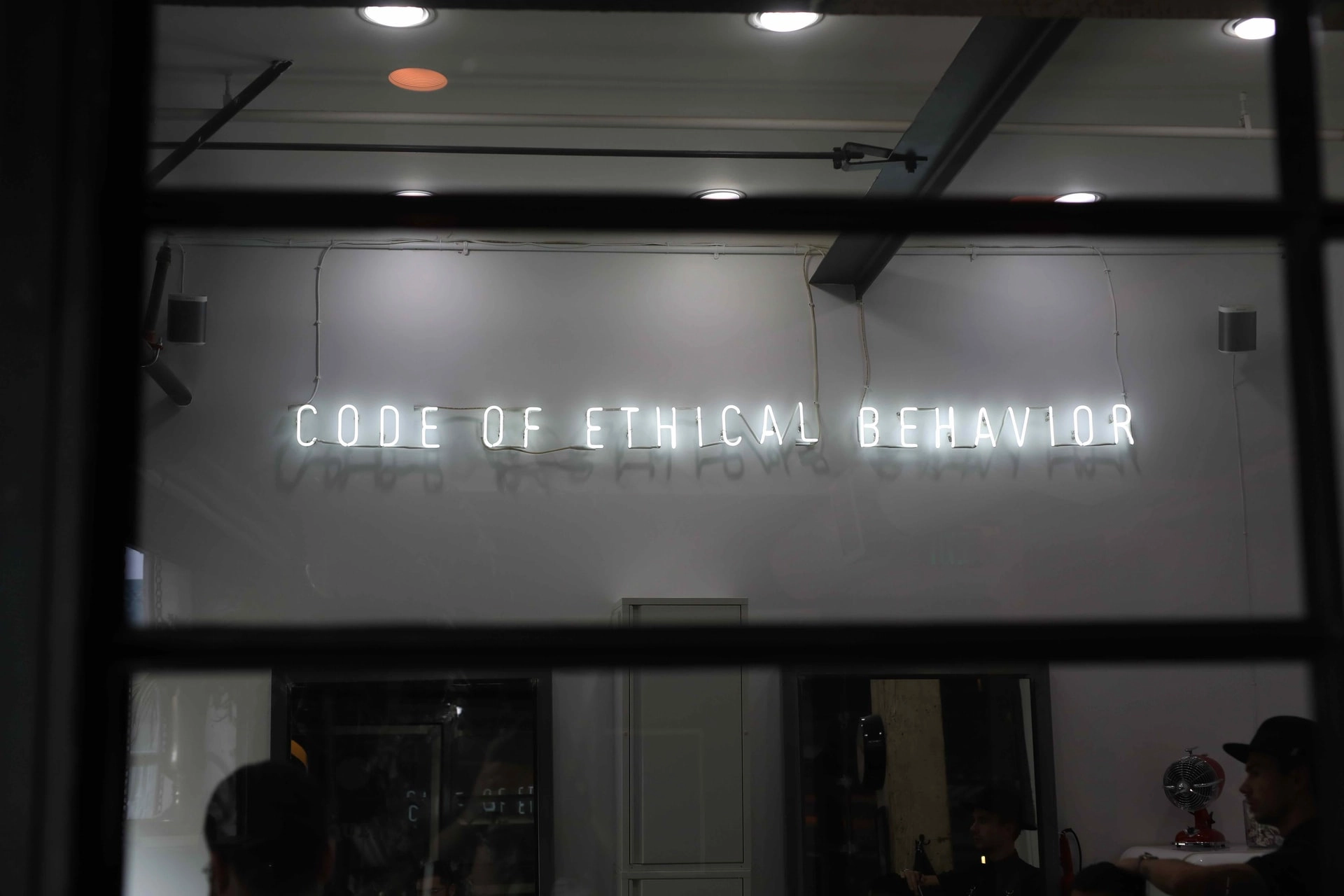What I wish I’d known when I started my career in fundraising
There are some things in every profession you simply have to learn by experience. Even knowing them on an intellectual level isn’t quite the same knowledge you get through having an up-close-and-personal encounter yourself. This holds true for fundraising.
Making your first major gift ask of a donor is an example that comes to mind. You’ve done all the right things in preparation: thorough research, multiple conversations to get to know the donor and donor’s interests, discussion of the elements of the request prior to the actual ask to test interest and readiness.
But then you’re in the room and it’s all you can do to get the words out, let alone know exactly when the right point in the conversation is for saying them! That’s the part that comes from experience.
Still, there are some helpful things you can learn in advance—things that are important for framing how you approach the work, things that, when you find them out later you think, “I wish I’d known that when I started!”
While I don’t profess to know everything—how boring would that be?!?—I have spent twenty years in the philanthropic sector. Even after entering the profession once I had completed a graduate program in nonprofit management, there was still a lot I didn’t know about fundraising, and I didn’t even know what it was that I didn’t know!
I have learned much over the course of my career that has been exceptionally valuable in helping me triumph over a variety of common challenges and dispel misperceptions. I’ve also learned savvy tips that have helped me persevere and remain committed to ethics in a profession with no small amount of ups and downs.
Here are my tips that may serve to help you navigate the valleys between the peaks.
1. It’s not only about the money
Many fundraisers are fond of saying it’s not about the money. While well-intentioned, it’s simply not true. If we’re being fully honest about our work, we must recognise that without money, missions don’t move. It takes resources—including financial resources—to carry out the work needed for any charity to accomplish its mission. Among those resources are fundraising professionals, leadership and administrative professionals, professionals who lead and deliver the programs, as well as donors. These are all people. People who are about the mission and what it is seeking to do in the world, regardless of whether
they are internally or externally connected.
So, yes, it’s about the money, but also the people involved. Treat them with respect.
Take the time to understand them and listen to their stories. People working in the programmes can tell you incredible and inspiring stories about how your mission is having an impact in the world through the people it touches. Donors can tell you incredible and inspiring stories about what your mission means to them and why they want to support it.
Seek out those stories; they represent both sides of the equation for why your mission matters, and you need to understand that if you’re going to be successful engaging others in it.
2. It’s not only about you
Yes, it’s true that you, the fundraiser, are the person doing the day-to-day work.
You are likely the one leading conversations with current and prospective donors, whether in-person or via print appeals, emails or an assortment of digital mediums. You may excel at telling stories (see #1) about why your mission matters and how donors make all of your organisation’s victories possible. Make no mistake, though.
Donors aren’t giving because of you. Donors give for their own personal reasons. Maybe they or their family member have been personally affected in a way related to your mission. Maybe they have a special interest in the issue your mission addresses. Maybe they give because of the impact your mission has on a community, in any definition of the word.
As much as they may like you and as effective as you may be at your job, you are simply the conduit, the facilitator, for their giving. You are not the reason. More importantly, as the conduit and facilitator, you are not only performing that role with their charitable gifts but also doing it to strengthen their affiliation to the mission.
If you leave the organisation, the donor should still feel connected and communication should continue. Multiple points of contact other than you are crucial for seamless stewardship. They won’t detract from your fundraising; they will elevate it and ensure it lasts beyond your tenure.
Advertisement
3. There is a body of knowledge

Read it then please bring it back for others to enjoy – a British Heart Foundation sticker
A common misconception about fundraising is that anyone can do it. Another is that it’s not a real profession. Neither are true.
There is, in fact, a body of knowledge that informs our work. Anecdotal, “this worked for me” transfer of information is not the same.
From Henry Rosso in the early beginnings of best practice, to Jim Greenfield on assessing fundraising performance, to Ken Burnett on relationship fundraising and to Tom Ahern on donor communications, there are resources that have been tested and proven over the years.
A science to fundraising exists. There is accessible, field-tested academic research that can inform and transform your fundraising. Adrian Sargeant, Jen Shang, Russell James and John List are but a few of the many respected authorities whose names come to mind.
Seize every opportunity to learn from the works and words of these and other thought leaders in the sector. Beware of becoming complacent with your current fundraising knowledge. The most effective fundraisers I know are the ones who continually invest in their professional development by participating in ongoing education.
Consider earning the Certified Fund Raising Executive (CFRE) credential, which requires both a foundation in professional education and practice to attain it as well as ongoing education and practice to maintain it. A certification demonstrates your commitment to the highest professional standards and serves as built-in accountability for ongoing learning.
The key to sustainable fundraising is continual informed adaptation. That requires thoroughly knowing best practices and being aware of the shifting environment in which we exist. Know what works, how it works and why. When you have a mastery of the fundamentals, you have the ability to effectively apply them across a variety of scenarios.
Without those fundamentals, you’re simply making a best guess. Your mission and those served by it, as well as your donors, deserve better than that.
4. Ethics can’t be compromised
The philanthropic sector is sometimes referred to as the voluntary sector. That’s because donors give of their own volition. It’s a choice they freely make, not an obligation or requirement. When a donor makes a charitable gift, it’s given with the expectation the gift will be used to carry out the mission of the organisation. There is a level of trust required.
Charities are holders of the public trust. When they misuse donations, are underserving their beneficiaries, or conduct themselves in a way in stark contrast to their stated missions, a devastating erosion of public trust occurs and, with it, a negative impact on the success of the mission.
What’s worse, there is often a transference of perception to other charities in the sector. When one ethical breach occurs, donors may question the trustworthiness of other organisations. Ethical fundraising is imperative for the work of our missions to be possible.
Be able to identify an ethical dilemma and understand the kinds of questions that should be asked when determining how to address it. Think critically about who the stakeholders involved are and what the effects of a decision may be on them.
Remember #1: It’s not only about the money.
In a profession where rejection is all in a day’s work, developing resiliency is critical. Right now, many fundraisers feel more stressed and lonelier than ever in their jobs as pressure mounts to bring in funds during a pandemic. Maybe you’re one of them.
As we collectively venture into uncharted territory, I hope this advice helps equip you for the journey and that you know you’re not alone.
Heather R. Hill, CNM, CFRE (@HeatherRHill1) is a seasoned nonprofit leader and AFP Master Trainer, experienced in several areas of the philanthropic sector, including higher education, human services, associations, faith-based and international relief and development organisations. A highly rated international speaker, she is passionate about giving back to the profession as a thought leader and volunteer. She has held the CFRE credential since 2009 and is Chair of Board of Rogare, the international fundraising think tank.






